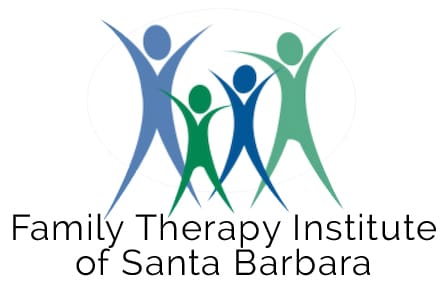Why come together?
Couples counseling helps couples navigate relationship challenges, improve communication, and strengthen their bond. It provides a structured environment for partners to address conflicts and work towards a healthier relationship with a focus on the process of communicating while still addressing the content of the problem. Most people who call us for help say that they have a communication difficulty. If you want to learn how to talk with one another in a more productive way, it is most efficient to have both of you there to learn and practice new skills!
Increasing Connection and Intimacy
Counseling helps partners understand each other’s emotional needs, fostering empathy and connection. Couples therapy offers a safe space to address past issues and facilitate the process of rebuilding trust. By addressing challenges, couples can strengthen their commitment and create a more positive loving environment. The process also encourages partners to reflect on their own behaviors rather than blaming one another, leading to individual growth.
Assessment
Our therapists employ a comprehensive assessment process to understand the problems within a relationship. This typically involves a combination of methods, including interviews, observations, and standardized questionnaires. The therapist will usually begin by meeting with the couple together, and may also conduct individual sessions with each partner to gather their individual perspectives and background information.
They will inquire about the relationship’s history, including how the couple met, the progression of the relationship, significant milestones, and when the problems started to emerge. They will ask each partner about their main concerns, what they hope to achieve in therapy, and their individual goals for the relationship.
Models of Treatment.
Our various therapists employ some of the following:
Gottman Method Couples Therapy: Based on research by Drs. John and Julie Gottman, this method focuses on strengthening friendship, intimacy, and conflict management to build a strong relationship. It emphasizes developing respect and positive communication. Using this model, we assess how the couple handles disagreements – whether they work together to find solutions, resort to blame games, or engage in destructive patterns like the “Four Horsemen” of contempt, criticism, defensiveness, and stonewalling.
Emotionally Focused Couples Therapy: Developed by Dr. Sue Johnson, EFT focuses on the emotional bonds and needs within a relationship, recognizing that adult romantic relationships are attachment bonds shaped by early experiences with caregivers. EFT helps couples identify and change negative interaction patterns by exploring the underlying emotional responses and fears that contribute to these patterns in order to create a more secure bond fostering empathy, emotional responsiveness and intimacy.
Cognitive Behavioral Therapy (CBT) for couples: This approach can also be adapted to address attachment-related challenges or to help couples who have difficulties with emotional regulation during conflict. The therapist helps the couple identify and change problematic behaviors and communication patterns. It can also help couples develop skills to modify thoughts and behaviors that contribute to distress, escalation and conflict.
Solution-Focused Brief Therapy (SFBT): This approach focuses on finding solutions rather than dwelling on problems. It helps couples identify strengths, set goals, and develop steps to achieve them. SFBT highlights existing strengths, resources, and successes within the couple’s relationship and individually. The therapist helps them recognize how they have successfully navigated challenges in the past.
Relational Life Therapy (RLT): Developed by psychotherapist Terry Real, RLT supports couples by fostering honest, respectful communication and addressing underlying patterns that create conflict. A guiding principle of RLT is that healthy relationships require both truth and compassion. Therapy helps guide each partner to take responsibility for their roles, deepen empathy, and rebuild trust; creating a balanced, mutually supportive connection.
